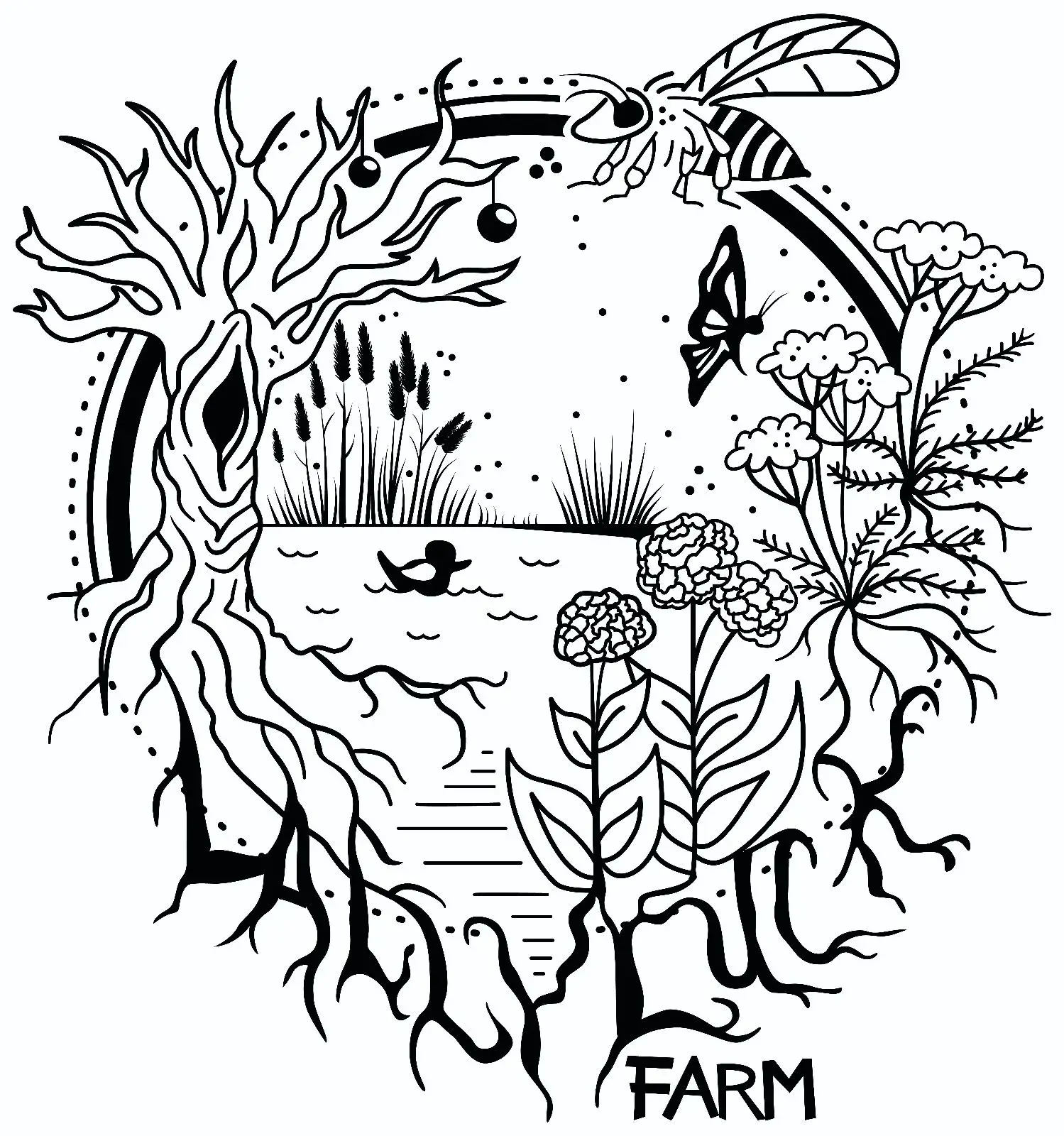So, the bag is labeled as “peperone” and they are growing well, but when do I water them, I’ve been doing daily. Also, how do I get rid of flies, baby flies are hatching in my pot and I want them gone, I need an organic and affordable solution for that too.
Fungus gnats are extra annoying but something you can do in addition to watering a little less is to have some clean sand as a mulch over your potting mix paired with bottom watering your plants. I check my pots by feel on the bottom regularly to help inform when I water. For our inside plants and seeds I’m starting, I have a tray with ridges into which I can place the pots and some water. Seedling trays are widely available and a local greenhouse or nursery may have some headed for recycling rather than having to buy new plastic. If that same place does claim and mulches in bulk they may have sand that’s suitable for short money since you only need a little bit.
By watering from the bottom, your potting mix will wick the water upwards through capillary action but the water will have difficulty moving into the sand because of the difference in texture and porosity and this will deprive the fungus gnats of the habitat they need to reproduce and continue to annoy you.
I prolly should get some seed trays, are the shrooms harmful? I don’t mind them
Harmful? Probably not but I wouldn’t eat them. What they are is an indicator of the mix being wetter than peppers generally appreciate, in my experience. I’ve spread winecap mushrooms throughout our space and they’ll come up around some of the veg, but not around the peppers, which (ime) are happiest with damp-ish but not wet soil
Water when the soil is dry, but before the plant gets droopy. The flies are probably around because it’s too damp and growing mold.
Oh, that makes sense, the soil I kept constantly damp and grows tiny shrooms I didn’t plant. I’ll water less.
Will have to make sure dad doesn’t use pesticide on it, trying to keep them good quality
Daily watering is likely far too often … I’m not seeing quick useful links to peperone (as you can imagine, I’m getting a lot about pepperoni and pepperoncinis).
But if this is a C. annuum cultivar, these are adapted to arid climates. Let the plants tell you when they need water (droopy leaves); they spring back remarkably quickly, like in under an hour. It sounds like you’re drowning them and ending up with other issues as a result.
Yea. I’ll reduce watering. The seeds had an Italian label so that’s all I know, thank you fornthr advice, I’ll stop watering will maybe Thursday. Probably later
insecticidal soap – fill a spray bottle with water, add a couple drops of liquid soap (Dr. Bronners or J&J Baby Shampoo)
Will have to find a spray bottle first
Can anyone else confirm if this is any good?
@sleepybisexual you don’t need to kill those flies. They aren’t gonna harm your plants. They’ll just be somewhat annoying flying around in your house. Water less, and if you happen to find a wolf spider in your house bring it over to your pot. They’ll take care of the flies for you!
We don’t get good spiders here, we just get the rare tiny one. I wanna kill to flies because they annoy me
I think you can use Diamacious earth on the top of the soil to kill the gnat/flies and future eggs. It’s completely safe to use just don’t inhale it a ton because it does have a small bit of silica in it.
It’s used as a dietary supplement as well so it’s food safe for animals and humans. It just isn’t for insects because it dehydrates their exoskeleton. It’ll turn kinda brown as you water on the top of it so just know that’s normal. It’s also very inexpensive.
There do I find that?
Would it count as a bio pesticide?
Amazon, Home Depot, Lowe’s pretty much most home and garden stores will have it. It is an insecticide but not a bio pesticide. It’s not even put on the plant itself just on the top soil. The plant will just see it as a different type of soil essentially. Just looking at the Wikipedia article on what the composition is of diamacious earth will tell you this:
Diatomaceous earth consists of the fossilized remains of diatoms, a type of hard-shelled microalgae.[3] It is used as a filtration aid, mild abrasive in products including metal polishes and toothpaste, mechanical insecticide, absorbent for liquids, matting agent for coatings, reinforcing filler in plastics and rubber, anti-block in plastic films, porous support for chemical catalysts, cat litter, activator in coagulation studies, a stabilizing component of dynamite, a thermal insulator, and a soil for potted plants and trees as in the art of bonsai.






